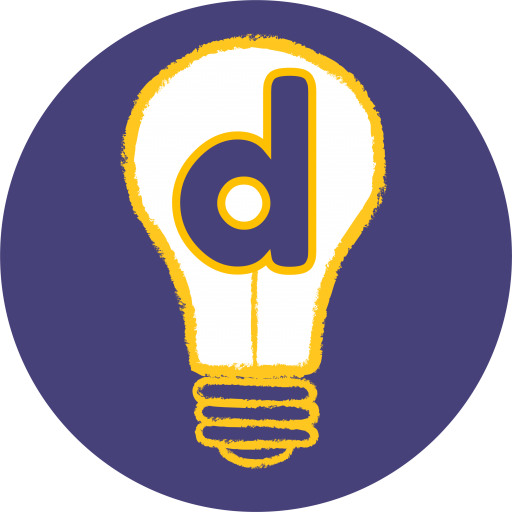Learning anything is an effort. As learning designers, we have to convince learners that it’s worth them making the effort to learn. One way of doing this is to design activities that require learners to explain what they’ve learned to others – literally to ‘give an account’ of what they have learned.
For example, asking learners to present their work makes them accountable for their learning. The knowledge that they will have to present their work can motivate learners because they will want to do a good job. Presenting can cause significant anxiety for some learners, and if this is this case then asking them to record their presentation will produce a similar accountability. However, it’s still easy for a learner to decide they don’t want to present, and so the level of accountability is low.
Asking learners to create a resource that will be shared openly can produce greater accountability. For example, asking learners to create a poster or an instructional video that will be visible on the web makes learners more accountable for the quality of the resource. The knowledge that it will be seen and used by others often makes learners care more about what they produce. This can lead to increased motivation as students take greater ownership of the quality their resource.
Using teamwork to increase accountability
Teamwork tasks or group projects further increase accountability by making each learner jointly responsible for the success of the task. Working in teams makes the leaner less dependent on the teacher, and more accountable to their team members. It’s harder for learners to stay ‘under the radar’ in a team task as many learners won’t want to let their team members down. You’d be surprised just how many learners go above and beyond the task to ensure they are a good team member.
Accountability in team projects can be developed even more by asking teams to share their learning openly in a panel discussion, exhibition of mini-conference. Knowing that they will have to present their work in ‘public’ often increases learners’ motivation because teams want to ensure their work is well-received. The professional nature of these activities, and the ability to invite people from outside the course to view and participate, produce a highly authentic learning experience.
When we’re designing a learning activity, it can be useful to ask ‘what could motivate learners to take greater ownership of what they produce?’ By thinking about the factors that will make learners more accountable for their learning, we can harness accountability to drive more authentic engagement.
You might also like:
- Our podcast with Tom Whitford explores the topic of accountability in more detail
- Dilly Fung’s book The Connected Curriculum provides a powerful framework to help incorporate accountability in learning design.
Photo by Matthew Osborn on Unsplash




Let’s keep in mind here the importance of devoting time to developing group working practices – many students don’t work well in groups and, for various reasons, don’t make a useful contribution to their groups. (You have discussed this elsewhere.)
Also, a great many students avoid presentations and would rather lose marks than present. (You have also discussed this elsewhere, but I feel it needs reiterating.)
Thank you Ray, you’re absolutely right to raise this. It’s all too easy to assume that learners will just get on with group work, but it certainly doesn’t always happen automatically. Taking time to establish clear ground rules regarding respecting different cultures and norms of communication, and consciously creating space for everyone to participate, are integral to effective teamwork.
If we know that some learners would rather avoid presentations, it’s essential that more time is allocated to supporting them and helping them develop their confidence with speaking in public. These are some of the reasons why teamwork is such a powerful driver of accountability, but it’s vital that this is done in an inclusive way.